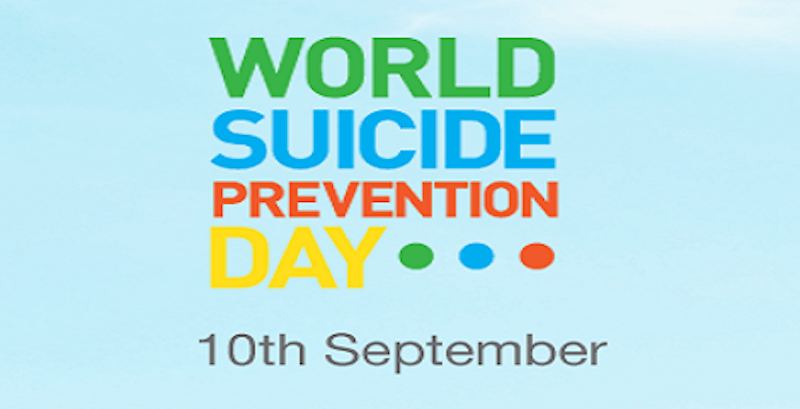These days depression is so common that at any some point in our life we are bound to encounter someone experiencing some form of depression or experience depression ourselves. 1 in 5 people show symptoms of depression and prescriptions issued for anti-depressants are at an all time high in the UK.
As a nation then, are we more depressed or are GP’s more relaxed about prescribing anti-depressants? Maybe it’s neither of these. These days, we generally have a better understanding and appreciation of our own mental well-being. We are more aware of the importance of looking after our mind. Just as much as we care for our physical health, we are now more open and pro-active about helping ourselves when we feel unable to overcome certain issues ourselves. Altogether this contributes to broader awareness and openness about going to see a therapist if we need a bit of support with our mental health. So it may seem like the problem is getting worse but in reality it’s probably the same but it’s just out there more.
Depression and Anti-depressants
While the use of anti-depressants definitely has a place in the treatment of depression, they actually have little or no benefit in treating mild depression. The National Institute for Health and Care Excellence (NICE) guidelines state that for mild to moderate depression, psychotherapy is the preferred treatment. In many cases, psychotherapy is a perfect partner to anti-depressants. Medication supports us through certain stages and psychotherapy for depression takes us forward for longer-lasting changes.
So how does psychotherapy help with depression?
For a persistent low mood, studies have shown that medication alone does not tackle the underlying issues which may be causing the depression. Medication can of course be quite a saviour for many and they can be effective in keeping us afloat when we’re unable to cope nor do something else about our problems. However, the use of medication alone may result in high instances of relapse if stopped.
Depression can affect a person in many different ways spread over multiple different aspects of functioning. Psychotherapy for depression can help in many ways across these aspects by systematically tackling key issues that may be causing it. For example, psychotherapy can support someone with ways of thinking about themselves, their world and others. It can help with ways of processing emotions and also with the strategies we use to cope with problems. Psychotherapy actually has the potential to change our ways of looking at ourselves and our situation so that we are better able to see the wood for the trees. It enables us to make fundamental changes to how we feel, think or behave about certain things and to see where we could make improvements.
Talking to a therapist about issues you’re facing may ease stress and offer a new perspective on the source of your problems. By helping you to recognise problematic ways of thinking, feeling or behaving, psychotherapy supports you in finding new ways of being. Early intervention and having the chance to talk over your problems may also prevent depression worsening. Psychotherapy is also a tool that can have a lasting and profound impact on mental well-being.
Transactional Analysis psychotherapy and depression
Transactional Analysis is a systematic approach to psychotherapy and an excellent tool for diagnosis and treatment planning. TA makes use of a diverse range of concepts that can help therapist and client formulate a treatment plan that is tangible, clear and effective. Importantly, TA tools can also aid understanding of depression. It is also an empathic and a proactive approach that clients can find very useful.
As an example, Transactional Analysis can help you identify the ways in which you spend your time and whether those ways are getting your needs met. Are you perhaps spending your time withdrawing? Or are you perhaps still engaging with people but are finding it very unfulfilling with little prospect of enjoyable intimacy with anyone?
Research into Transactional Analysis has also shown that it is as effective as cognitive behavioural therapies in treating depression.

To find out more about psychotherapy for depression, get in touch with Alana for an initial no-obligation appointment.




